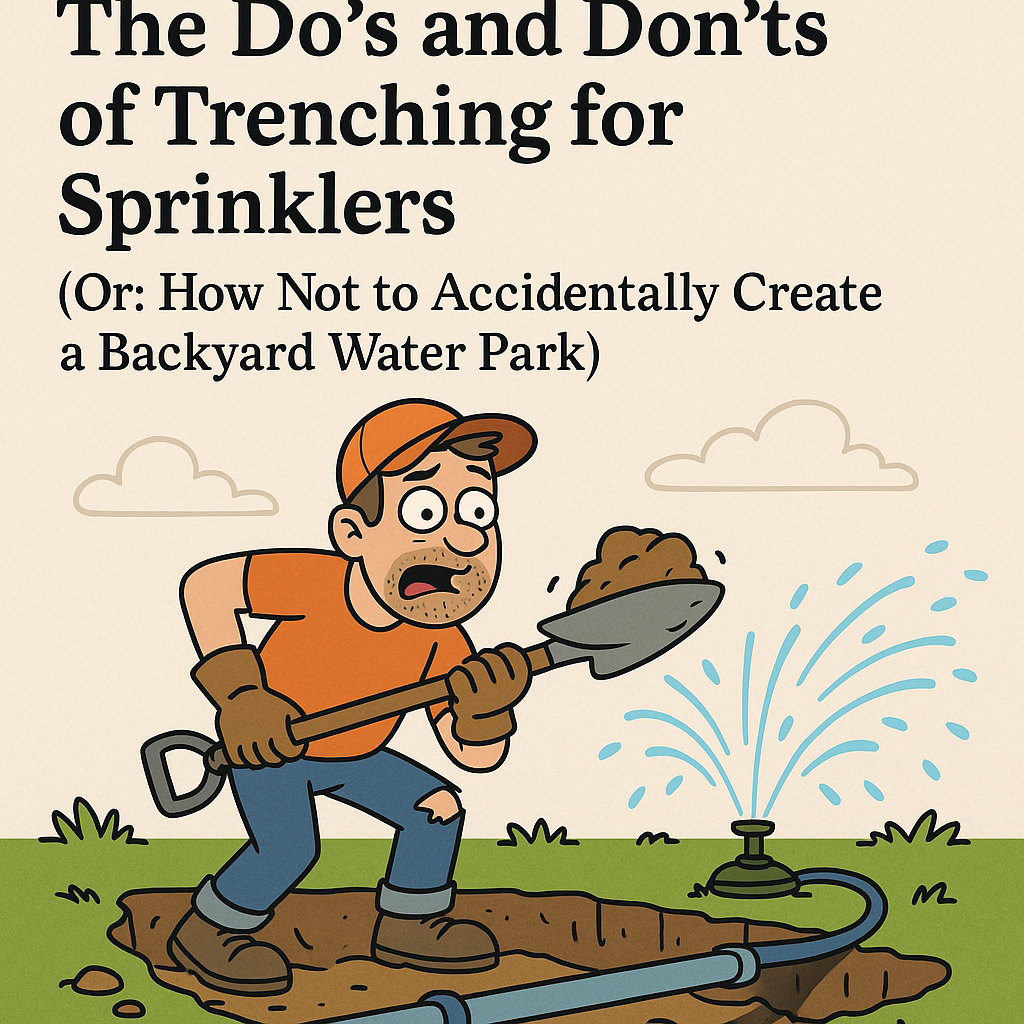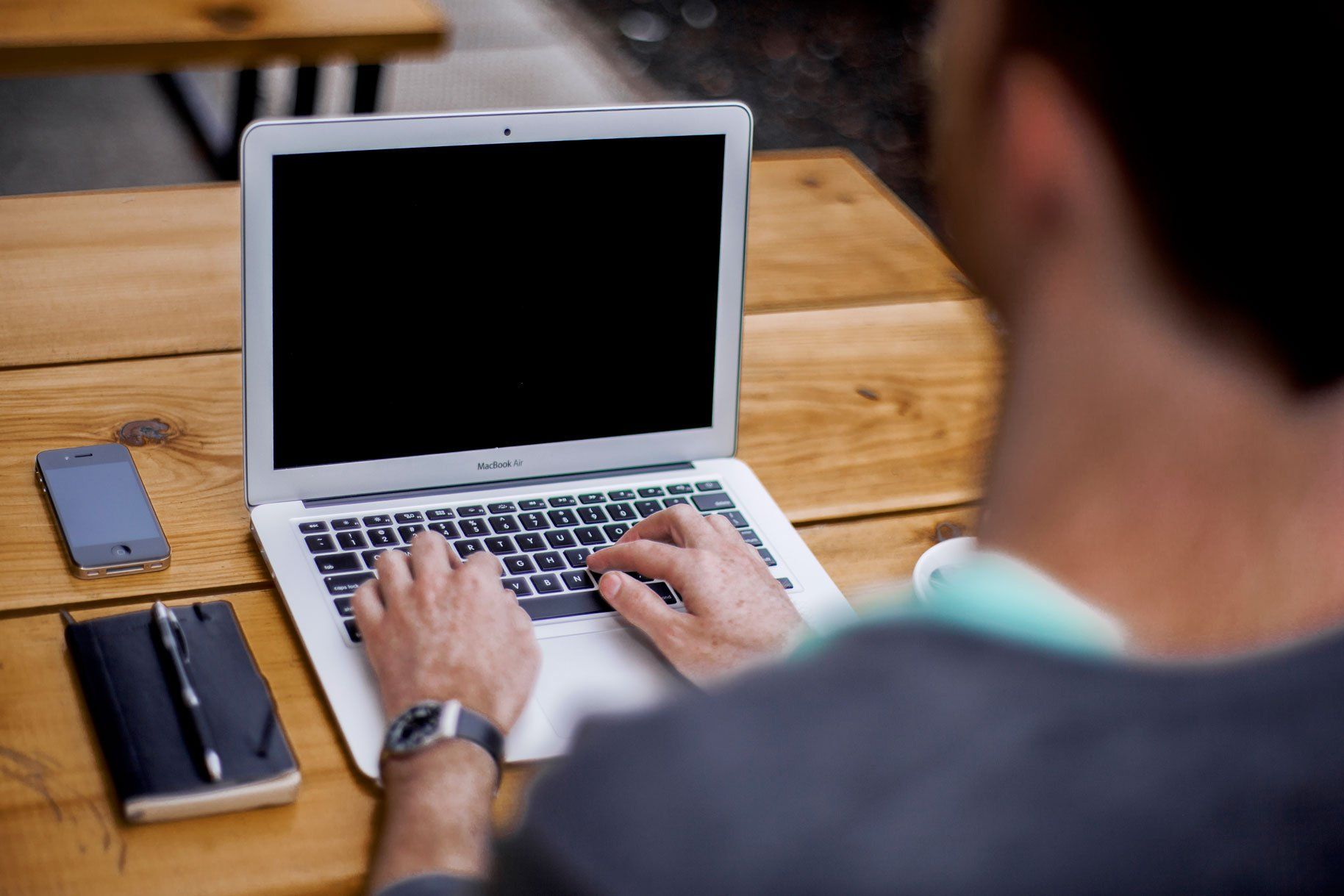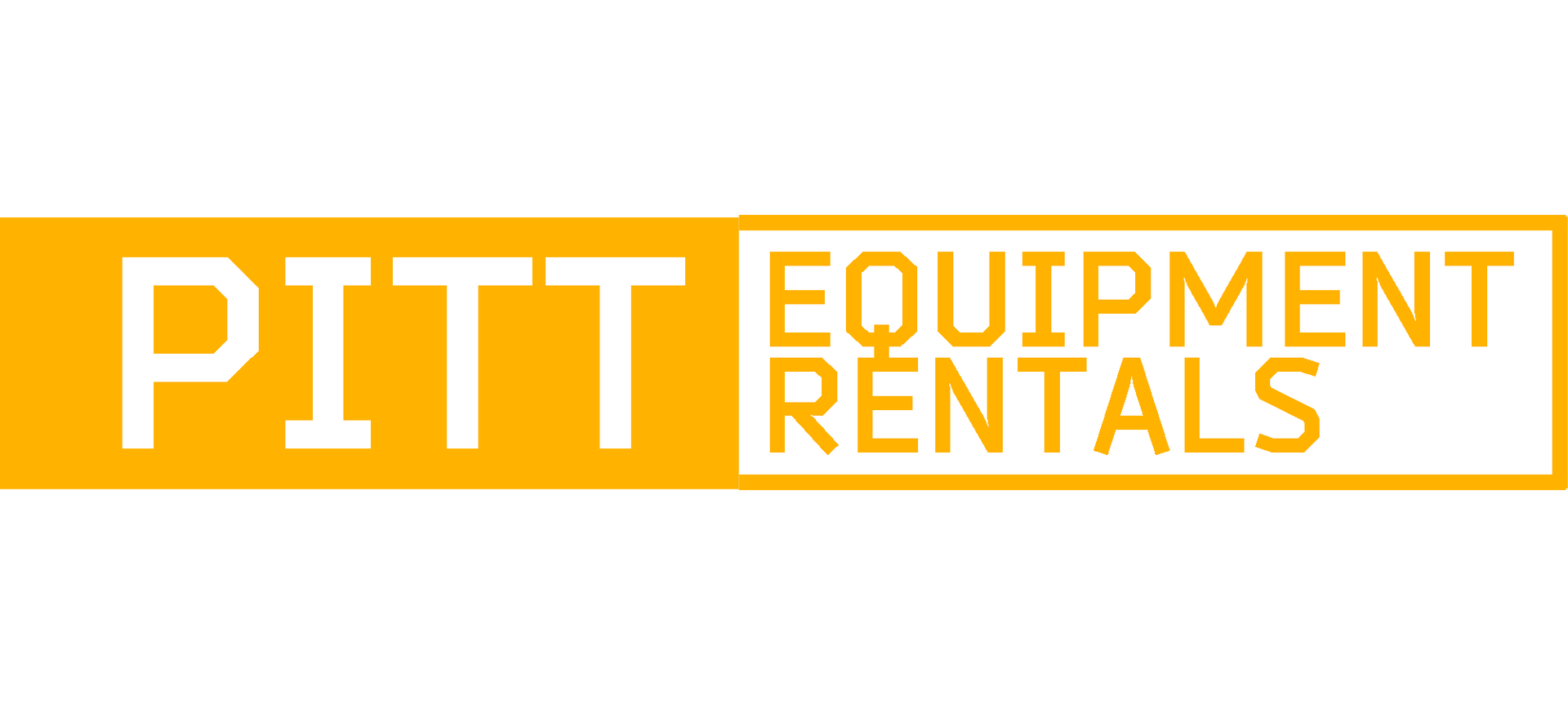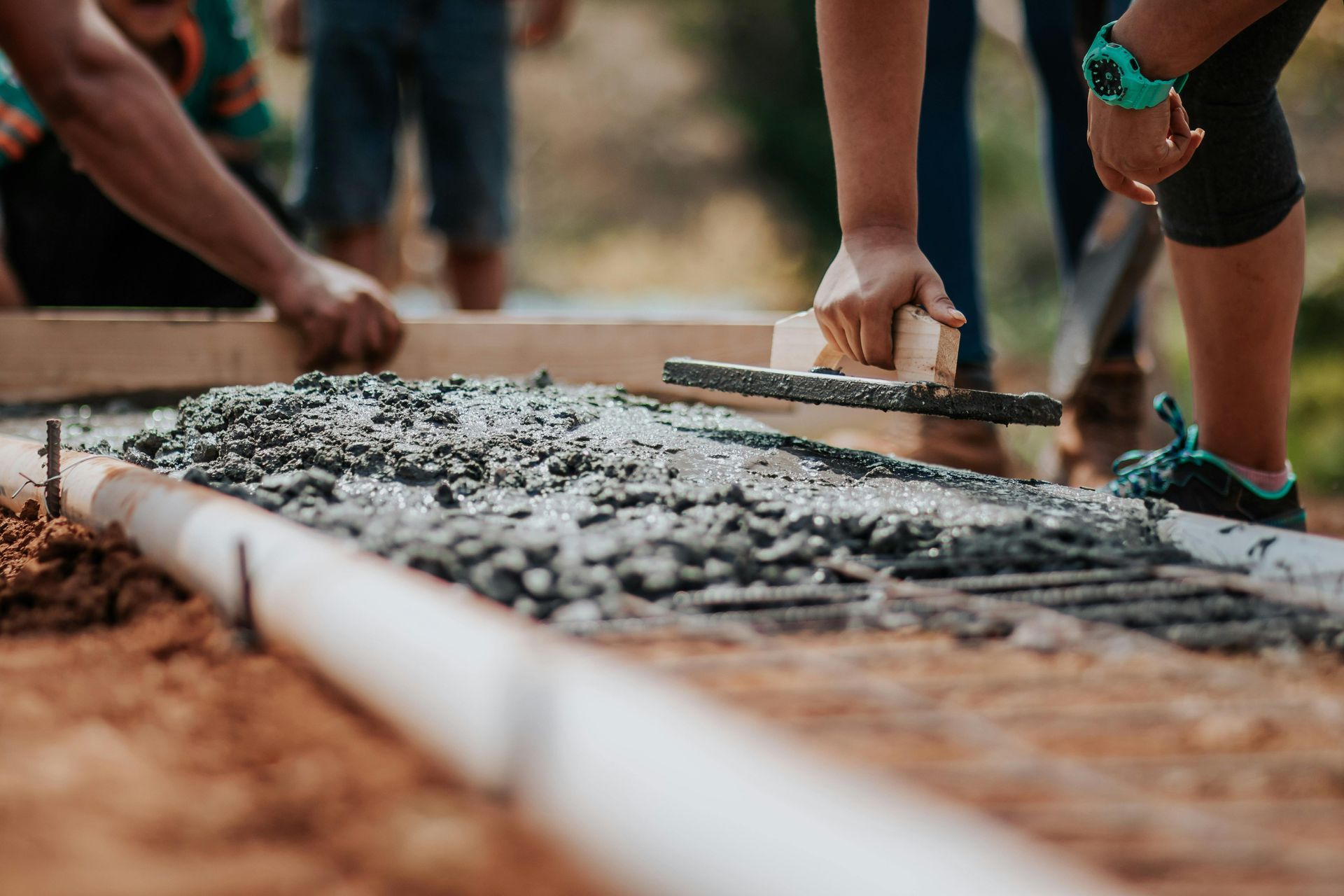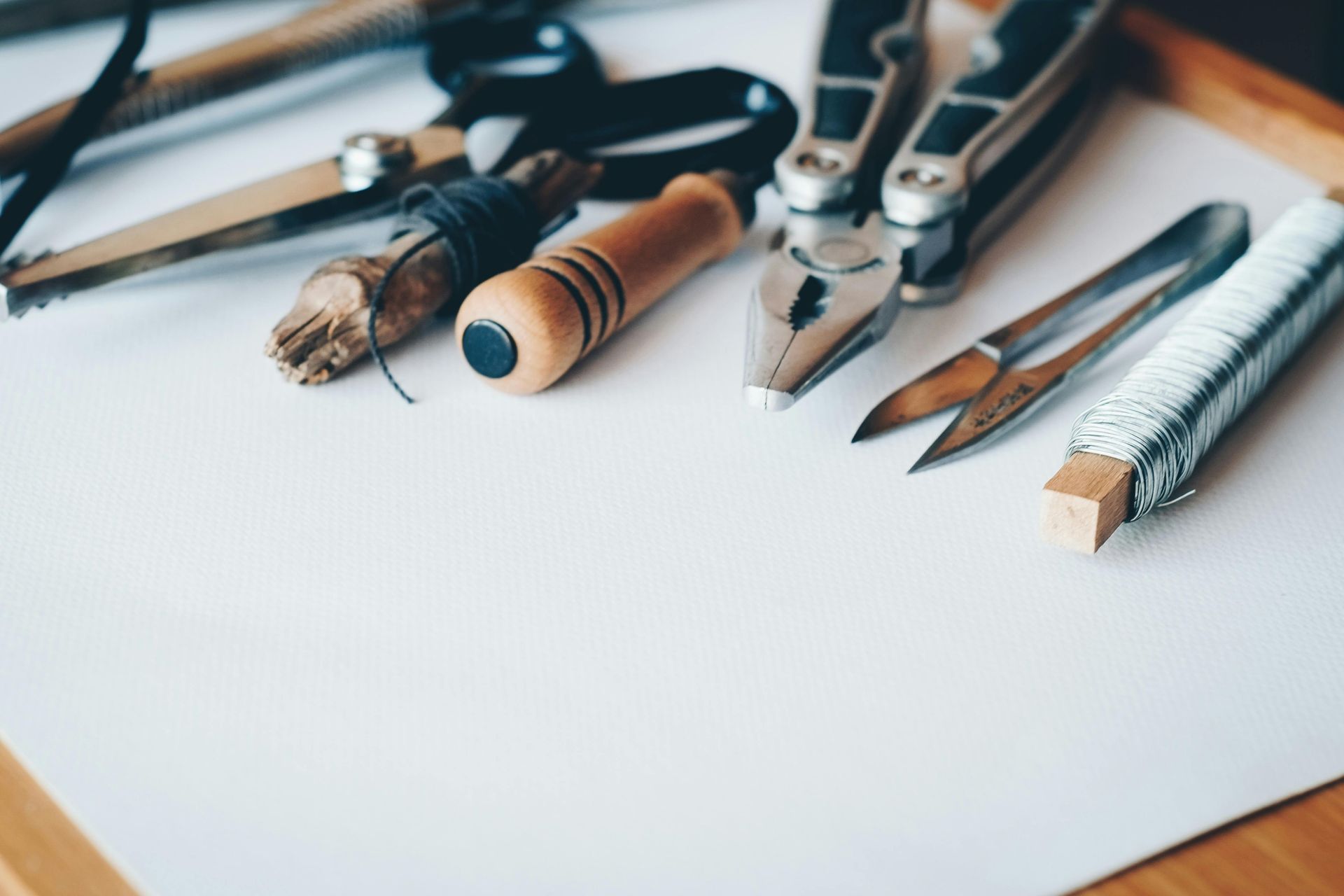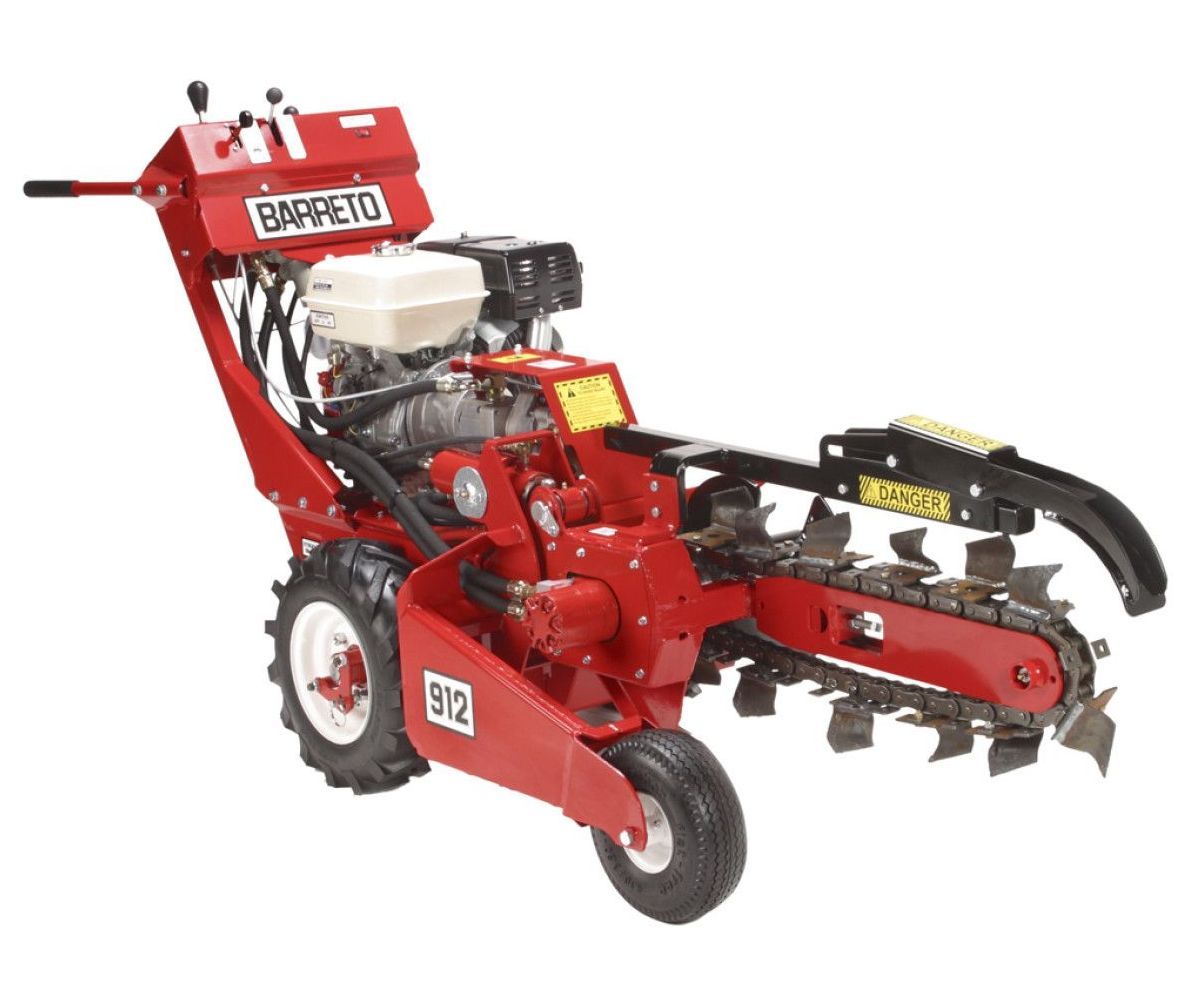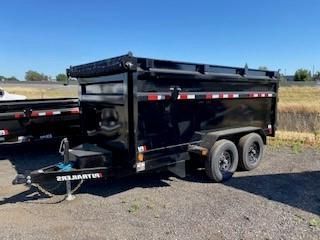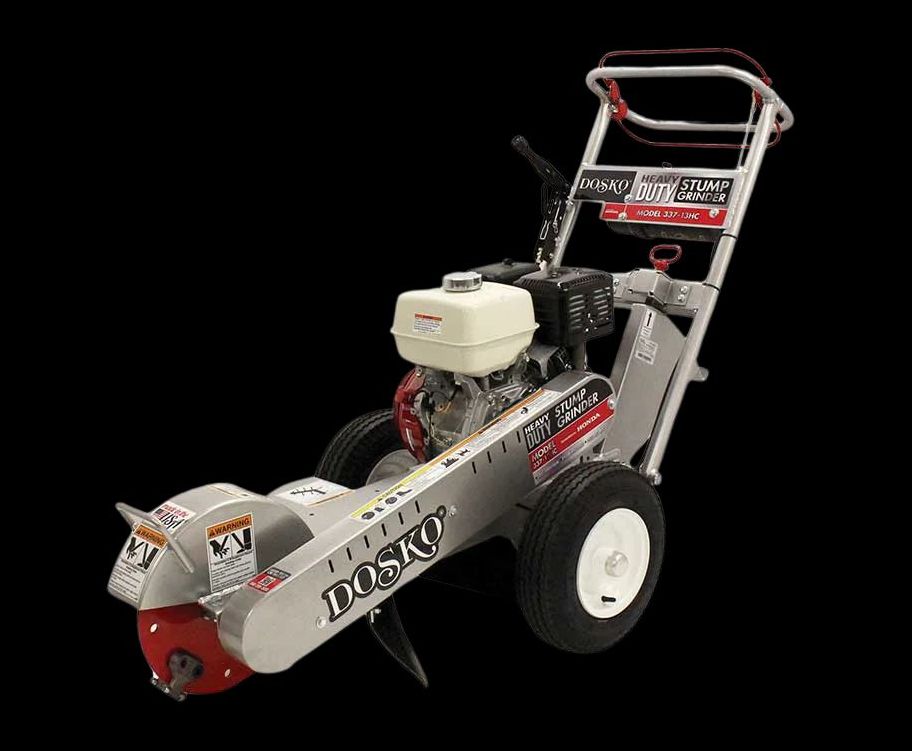Deciding the Fate of Your Leased Equipment: Buyout or Continue?

When it comes to equipment leasing, the end of your lease term often presents you with two crucial options: buying out the leased equipment or continuing the lease. Each choice comes with its own set of pros and cons, making this a pivotal decision for businesses. In this blog post, we'll explore the considerations that can help you decide between buying out your lease or extending it.
Pros and Cons of Buying Out a Lease
Buying out a lease entails purchasing the equipment that you've been leasing. This option offers several advantages and disadvantages:
Pros:
- Ownership: The most significant advantage is that you'll gain ownership of the equipment. This means you won't have to return it, providing you with full control over how you use it.
- No More Payments: Once you buy out the lease, you're no longer tied to regular lease payments. This can improve your cash flow and budgeting flexibility.
- Tax Benefits: Purchased equipment may be eligible for depreciation deductions, allowing you to lower your taxable income and reduce your tax liability.
Cons:
- Upfront Costs: Buying out a lease often requires a lump-sum payment or financing, which can put a strain on your finances.
- Maintenance and Repairs: As the owner, you're responsible for all maintenance and repairs, which can be costly, especially for older equipment.
- No Tech Upgrades: You'll be stuck with the equipment's current state, and you won't benefit from regular upgrades.
Pros and Cons of Continuing a Lease
Continuing the lease involves extending the lease agreement or starting a new one. Here are the pros and cons:
Pros:
- Lower Initial Costs: Continuing the lease usually means lower upfront costs compared to buying out the lease.
- Access to Modern Equipment: You can continue using the latest equipment models, staying competitive and efficient.
- Predictable Payments: Lease payments remain predictable, simplifying your budgeting process.
Cons:
- Long-Term Costs: Over time, continuing to lease can lead to higher overall costs than purchasing the equipment.
- No Ownership: You won't gain ownership of the equipment, so you'll always be subject to lease terms and conditions.
- Potential Restrictions: Lease agreements may come with usage restrictions or requirements regarding maintenance and insurance.
Decision Factors
Making the decision between buying out a lease or continuing it depends on your specific business circumstances. Consider the following factors:
- Financial Health: Can you afford the lump-sum payment required for buying out the lease, or is it more manageable to continue with lease payments?
- Equipment Needs: Do you need the latest equipment, or is your current setup sufficient for your business operations?
- Tax Implications: Consult with a tax professional to understand the tax benefits or consequences of each option.
- Business Plans: Consider your long-term business goals and how your choice aligns with those objectives.
Deciding between buying out a lease or continuing it is a strategic choice that should align with your financial capabilities, equipment needs, and long-term business plans. There's no one-size-fits-all answer, and the right decision will vary from business to business. By carefully weighing the pros and cons, consulting with financial advisors or industry experts, and considering your unique circumstances, you can make an informed decision that benefits your business. Whatever choice is right for you, Rentck is here to help!
